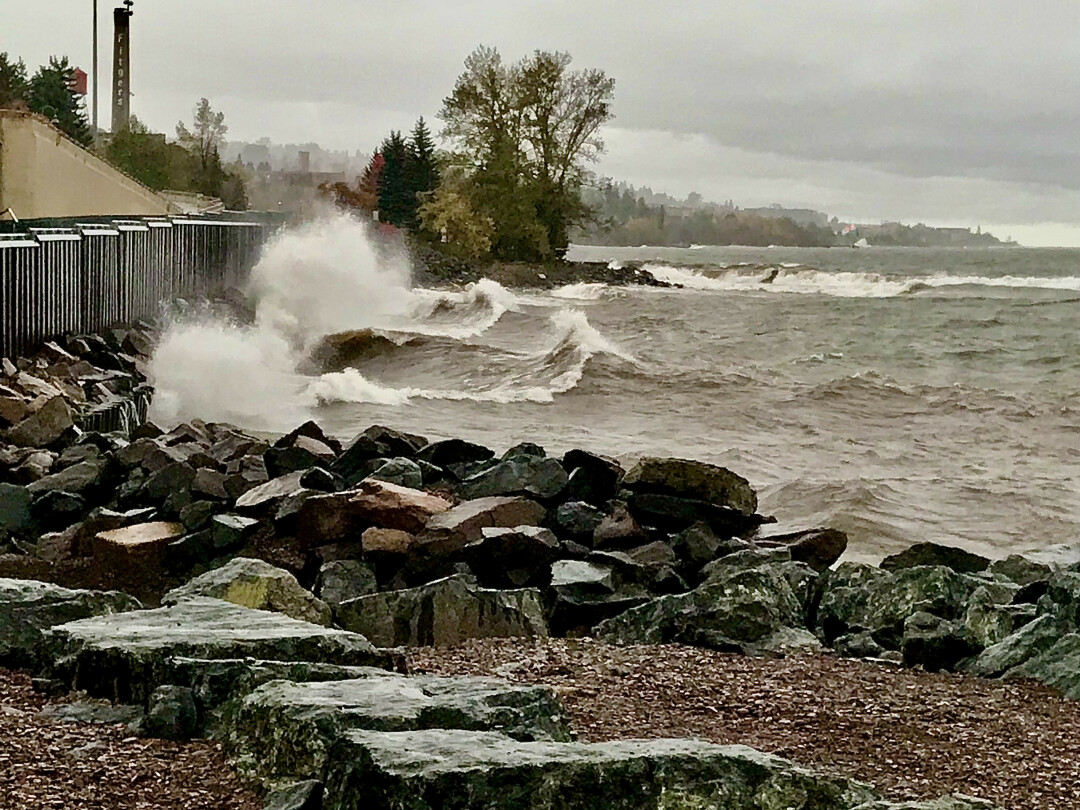News & Articles
Browse all content by date.
 Photo by Jim Lundstrom
Photo by Jim Lundstrom
During the past five years, so much has happened when it comes to the growing climate crisis we’re all facing.
On Oct. 8, 2018, the U.N.’s Intergovernmental Panel on Climate Change reported that to meet a 1.5 degree Celsuis target for global warming would require deep emissions reductions and “rapid far-reaching and unprecedented changes in all aspects of society.”
Now, many international organizations are predicting that we will surpass the 1.5 threshold, and are heading to anywhere from a 2 to 4 degree increase within the next 50 years.
On Nov. 29, 2018, the World Meteorological Organization (WMO) released a report stating that the 2017 atmospheric carbon dioxide levels reached 405 parts per million – a level not seen in three to five million years.
Yesterday, the National Oceanic and Atmospheric Administration (NOAA) reported that the daily CO2 level was 419.32 ppm.
In an interview with Salon on Dec. 17, Kevin Trenberth, on the staff of the National Center for Atmospheric Research, talked about how winter storms that are developing in a climate change environment, which is warmer and moister, are becoming more intense and resulting in higher snow amounts. And six days later, the WMO reported that the past eight years are on track to be the eight warmest on record.
So much has changed since the Duluth Climate Vulnerability Assessment was commissioned in 2017, the city council passed a climate emergency resolution on April 12, 2021, and the Duluth Climate Action Work Plan: 2022-2027 was presented to the city government in February of last year.
And while these are important accomplishments for our city, we now need to reexamine and revisit how we’ve been trying to respond to climate change and, at the same time, reevaluate and possibly revamp some of the commissions, departments and agencies that we’ve established or commissioned to address this climate emergency.
With higher levels of CO2 in the atmosphere and a continuing rise in global temperatures, along with other climate indicators, our city needs to recalibrate how we’re addressing climate change and what we’re doing to adapt to as well as mitigate climate events.
Like recalibrating an instrument so that it can measure more accurately, Duluth needs to recalibrate how it is assessing and planning to address climate change in 2023 and in the coming years.
We need to ask ourselves – Is Duluth accessing and assimilating all the relevant data and facts to make informed decisions?
Is Duluth welcoming and engaging all the different community stakeholders who have something valuable to contribute to the conversation?
Is Duluth putting into place processes and policies that can immediately and effectively respond to new climate events and their impacts upon the citizens in our city, especially those who are most vulnerable?
Is Duluth responding to climate change with a higher sense of awareness and urgency?
We need to rethink how we approach this often confusing and complex challenge. And we need to become more creative, collaborative and compassionate in how we live and work together in this climate-change world.
Our city could establish a citizen’s climate council or commission whose members include scientists, teachers, activists, journalists and architects. We could cultivate an open and ongoing citywide conversation about climate change for the greater community. We could organize climate cafes and other venues for people to address their climate anxiety, especially for our high school and college students.
Duluth needs to ask the creative arts community to help engage and educate the public about climate change. And we need to organize more climate education programs for such groups as high school and college students, health care professionals as well as community and social service directors and frontline staff.
If we don’t invest the time and energy into regularly recalibrating how our city is responding to and addressing climate change, then there is no doubt that one day, probably sooner than later, we will find ourselves off course and possibly heading in the wrong direction.
| Tweet |


